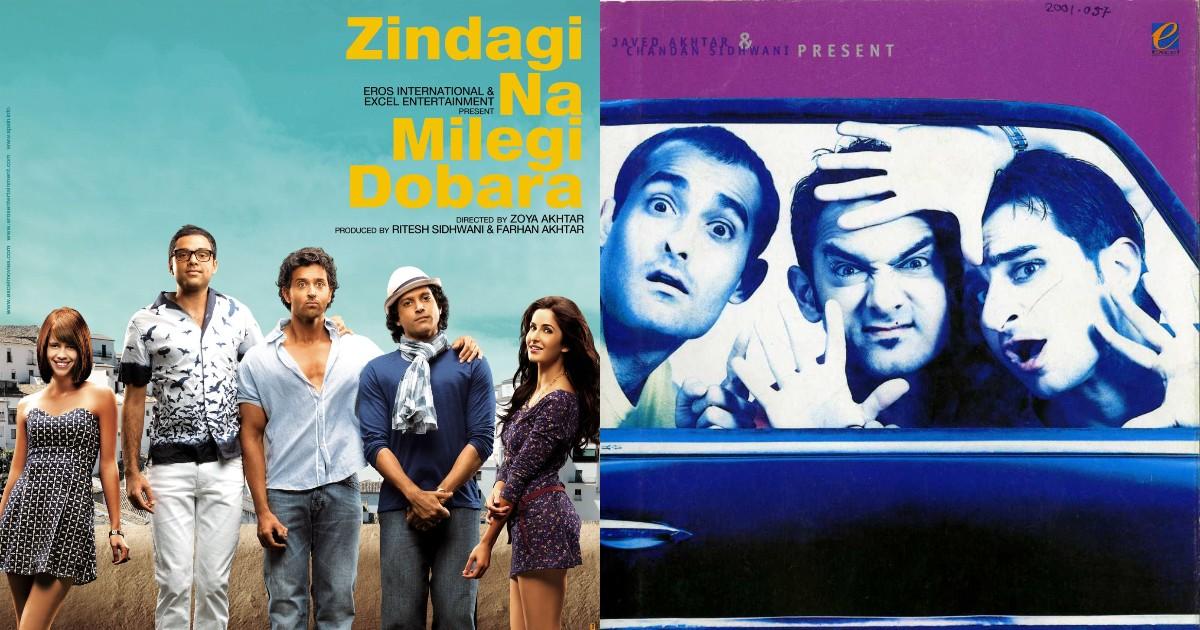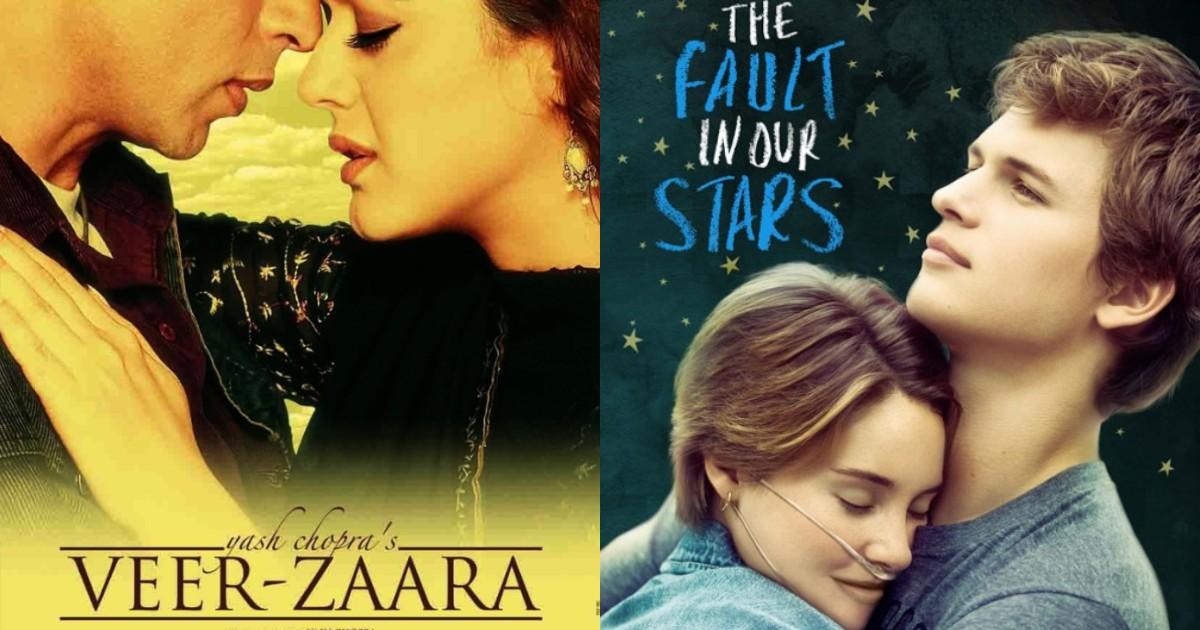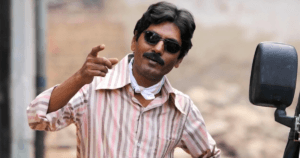Romantic comedies taught me about love growing up. It made me a hopeless romantic and gave me unrealistic expectations. Yes please, serenade me and get me another cat when I lose my pet.
But there is a pattern to rom-com sessions – all the movies that I watched were released over 5 years ago.
Why can’t a cute but sad business mogul fall in love with me on the train? Why can’t someone sing for me at the airport while the security holds him at gunpoint?
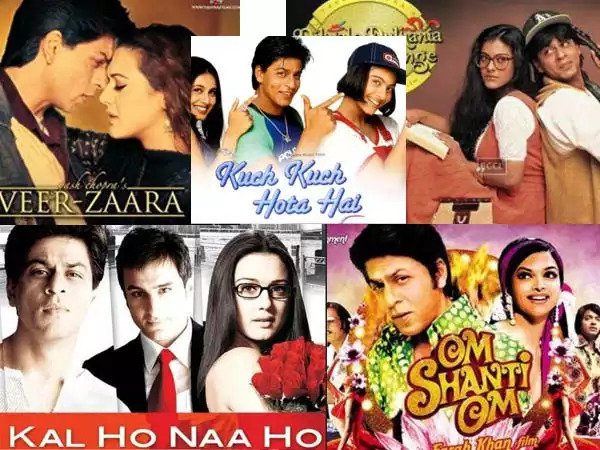
Bollywood has considerably reduced its production of romantic comedies since 2015. Netflix has filled some of the voids with English and Korean rom-coms but the Hindi-language ones have been few and far in-between.
Slowly lingering gazes, happily-ever-afters, love ballads, slowly letting go of your lover’s hand and “palat“ being an indicator of your unrequited love – romantic comedies in the 90s and 2010s were extremely comfortable, a staple of pop culture and feel-good cinema. They catapulted the careers of actors like Imran Khan, Siddarth Malhotra and Preity Zinta.
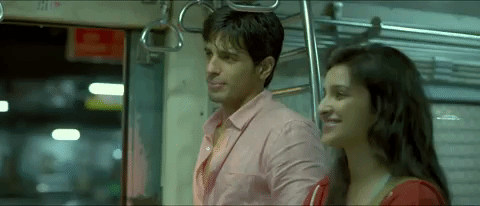
Even ace filmmaker Zoya Akhtar commented about love and Indian society at the trailer launch of Lust Stories–
“Love is still a taboo in our culture. We’re still not completely allowed to have love marriages, there are restrictions on dating. Your parents still decide who you get to spend the rest of your life with. The ultimate fantasy in India is to see a boy or girl fall in love and end up happily, no matter what sort of opposition happens in their life. Love stories will always be big in our films, till our culture changes.”
-Zoya Akhtar, Filmmaker
However, the Hindi film industry went through somewhat of a transition period in 2017 with small budget, small-town movies making a big impact. We saw the careers of Vicky Kaushal and Ayushmann Khurrana grow tremendously.
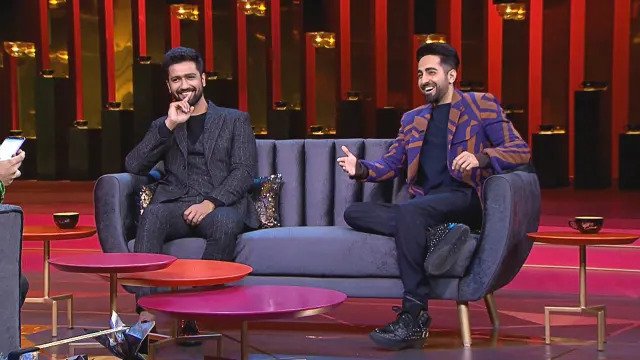
But…it didn’t really feel the same. The last “old-school” style romantic comedy was arguably Ae Dil Hai Mushkil and Love Aaj Kal 2. The former fell into tired tropes and melodrama while the latter harped on to nostalgia a bit too much. Putting rotten snacks in a decorated box is not as innovative, Imitiaz sir.
And that is the change: the audience. Gone are the days when only Bollywood impacted the masses. Now, given the rise of the internet and OTT platforms, the audience has been exposed to international cinema, regional cinema, TV shows, books and even indie cinema like never before. The masses are tired of yet another story about generic heterosexual couples.
While LGBTQIA+ audiences have been celebrating queer rom-coms like Shubh Mangal Zyada Savdhaan and Badhaai Do, perhaps it is not enough anymore.
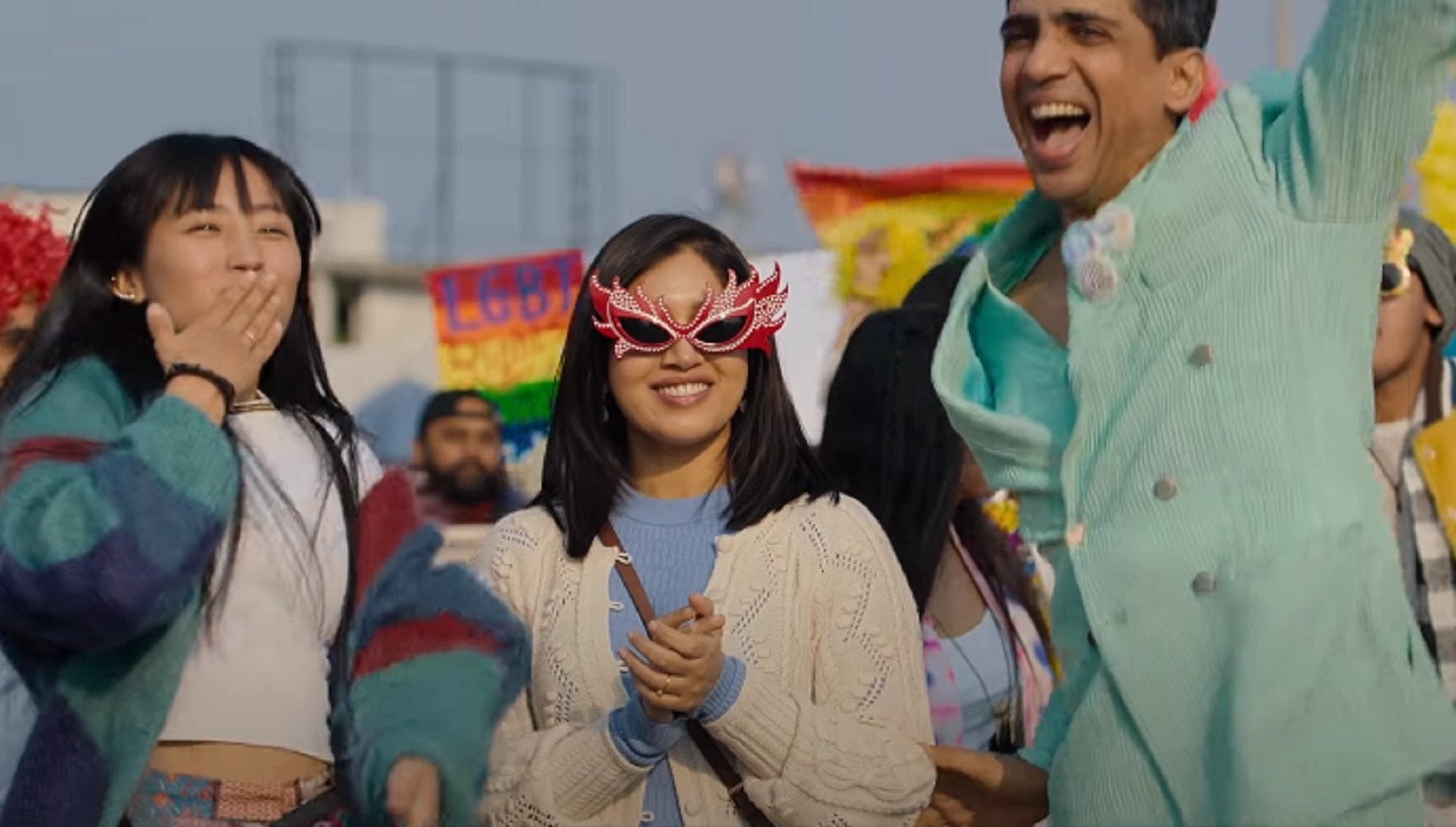
The tropes are also too old for audiences today- the romanticised stalking, knight in shining armour, girlfriend being the unpaid therapist, etc. Nobody wants to be Tara, Preety, or Anjali, audiences know that women in cinema deserve better than just being a plus one in a man’s identity quest. Women-centric cinema is steering away from relying heavily on finding love and focusing more on one’s personal growth.
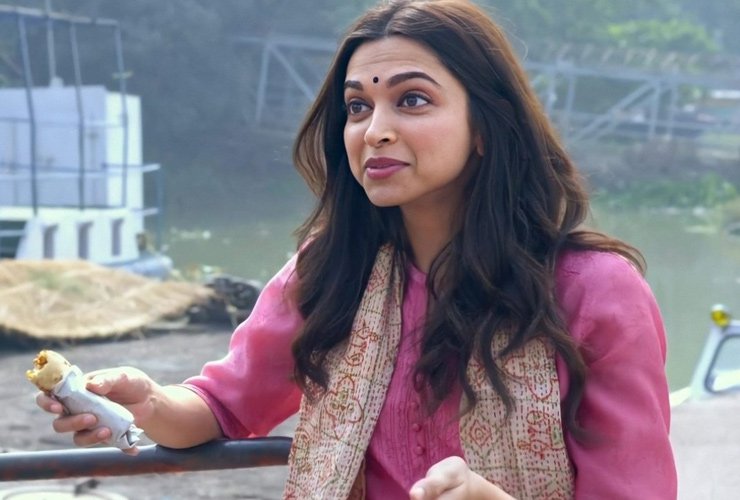
Never before would we have access to indie filmmakers like Siddhartha Bedi (Sidling and Sibling) and Anureet Watta (Kinaara) through social media platforms. There is love, yes, but of different forms- the love between siblings and queer love torn by the Radcliffe Line.
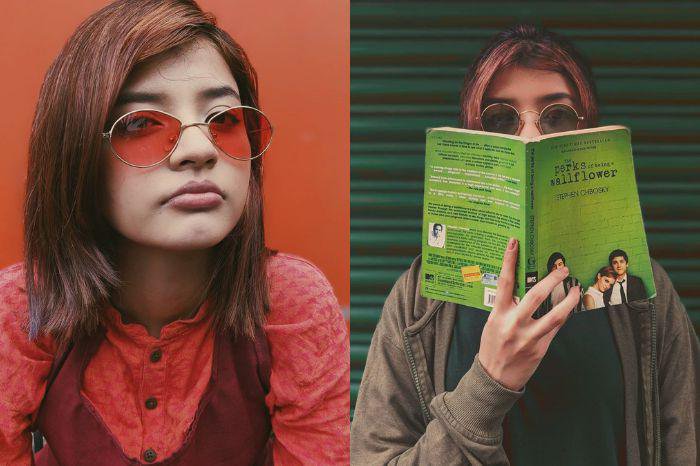
We have seen the rise of movie critics that don’t follow the conventional routes. With the emergence of Instagram pages and platforms that offer a chance to discuss movies and not just criticize them, movie critiquing and appreciation have become more accessible. Hence, the increased criticism of older romantic comedies for their problematic tropes and of the few new ones trying to be progressive. This awareness has made the industry aware of what sells, and a simple love story is not one of them. While everyone wants to watch Murad’s career and life, nobody wants just the story of Murad and Safeena anymore.
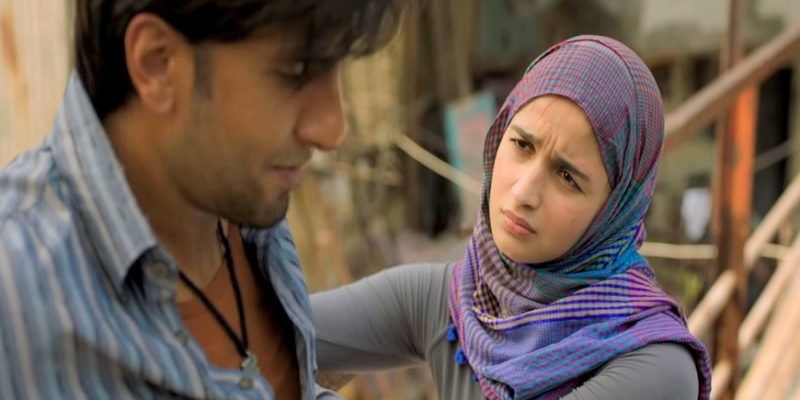
Unless there are no innovative or unexplored aspects and perhaps a socially aware lens, the audiences do not want to watch it. The genre is not dead but is certainly no longer the predominant ruler at the box office. So, the next time you’re rewatching Hasee Toh Phasee or looking for your Geet moment on a train, think of the sheer cultural impact of love stories written for escapism.
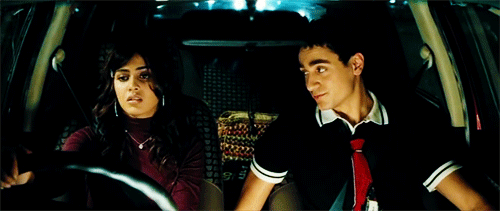
I’m still salty about Imran Khan quitting Bollywood, though. Jai Singh Rathore, come back!




